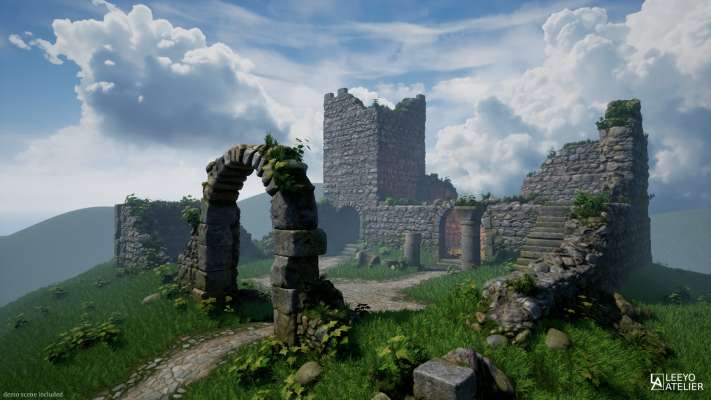
Space: the endless world above us
Introduction:
When we look up at the night sky, we see stars, the Moon, and sometimes a planet shining brightly. But beyond what we see is a vast and mysterious place called space. It is silent, dark, and endless. It is where planets, stars, galaxies, and other unknown objects live. Space is not just a place, it is a mystery that has always fascinated human beings.
What Is Space?
Space, also known as outer space, is the area beyond Earth’s atmosphere. It begins about 100 kilometers (62 miles) above sea level, where the air becomes extremely thin. In space, there is no air, no weather, and no sound. It is a vacuum—a place where nothing can be heard because there are no air particles to carry sound.
What Can We Find in Space?
Space is full of amazing things:
- Stars: Giant balls of burning gas, like our Sun. There are billions of stars in our galaxy, and billions of galaxies in the universe.
- Planets: Round objects that orbit stars. Earth is a planet, and so are Mars, Venus, Jupiter, and others in our solar system.
- Moons: Natural satellites that orbit planets. Our Moon is the brightest object in the night sky.
- Galaxies: Huge collections of stars, planets, dust, and gas. The Milky Way is our home galaxy.
- Black Holes: Areas where gravity is so strong that nothing—not even light—can escape.
- Comets and Asteroids: Small icy or rocky objects that travel through space.
Why Is Space Important?
Space is important because it helps us understand how everything began. Scientists study stars and galaxies to learn more about the birth of the universe. By exploring space, we also learn how planets form and how life might exist elsewhere. Satellites in space help us with weather forecasting, communication, and GPS.
Exploring space also pushes science and technology forward. Space missions have led to new inventions that we now use in everyday life, like better medical tools and water filters.
The Mystery of the Universe
One of the biggest questions humans have asked is: Are we alone in the universe? So far, scientists have not found clear signs of life on other planets, but space is so big that many believe life could exist somewhere else. Telescopes and space missions are always searching for signs of water, air, or other clues that life might be possible.
Another mystery is the idea of dark matter and dark energy, strange forces that we cannot see, but that seem to make up most of the universe. We do not fully understand them yet, but scientists are working hard to discover the truth.
Challenges of Space Travel
Space travel is difficult and dangerous. Astronauts must live in small spaces for long periods, eat special food, and exercise every day to stay healthy in zero gravity. Rockets must be carefully built to escape Earth’s gravity and carry enough fuel to return safely.
Despite the risks, countries and companies continue to explore space. New missions hope to return to the Moon, send humans to Mars, and even build stations in space where people can live and work.
Conclusion:
Space is one of the greatest wonders of all time. It is full of beauty, mystery, and the unknown. Even though we have learned so much, there is still so much more to discover. Space reminds us how small we are, but also how big our dreams can be. Looking up at the stars, we are reminded that curiosity has no limits.
Comment
Mayas Tadjadit
I am really fascinated by space and what's in it,the fact that space is infinite make me question myself about everything,thanks for sharinf these informations















